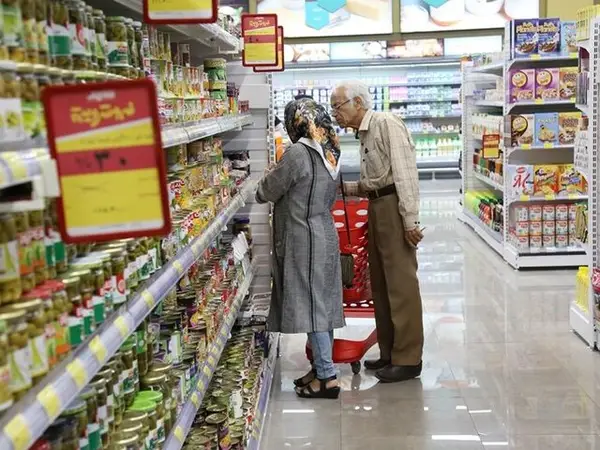While some in Iran criticize the government for rising prices, a prominent economist says it is highly unlikely to control inflation without lifting US sanctions.
As the national currency dropped to historic lows this week, conservative lawmaker Javad Nikbin said that President Ebrahim Raisi should be accountable for the chaotic situation and the parliament should put questioning the President on its agenda. He said the Raisi and his economic team are responsible and they should not blame others or the previous government for the country's economic crisis.
Meanwhile, Kamal Hosseinpour, a lawmaker from Piranshahr, who also criticized Raisi and his government for "simply watching the situation rather than trying to solve the problem," warned that a new wave of inflation is on its way.
Hosseinpour charged that the government's economic team has given up trying to solve the country's economic crisis as the national currency is in a downward spiral, triggering higher inflation.
It is not clear why the government has not changed its inefficient economic team, he complained, and introduced new officials who would know how to tackle the problem. He added that while the government is turning a blind eye, the automobile industry’s “mafia” is increasing car prices and has an insatiable appetite for money.
The car manufacturing industry is largely owned by the state and inefficient managers have plunged companies into debt and keep increasing car prices.
On Monday, the government banned a leading newspaper for reporting the rising price of meat in Iran and saying that government policies have deprived both the middle and working classes of meat. On Tuesday the government acknowledged a shortage of red and poultry meat.
Iranian journalist Ali Mojtahedzadeh wrote in an article in Etemad newspaper that "it is not the media's fault that prices in Iran have reached a record high under the Raisi administration." He pointed out that by banning a newspaper for reporting the problem, the government is fighting the truth. He added that last year, even before the first anniversary of Raisi’s presidency, the prosecutor of Tehran reported a more than 50 percent rise in the number of complaints made against the media by the government.
He pointed out that the media should not be punished for publishing reports that politicians do not like. The problem of rising prices is the politicians' fault, and they should be criticized by the media, he said.
In another development, prominent economist Morteza Afghah said in an interview with Didban Iran website that it is highly unlikely the government can control the markets before reaching a nuclear agreement that would lead to the lifting of US and international sanctions against Iran. Even then, he said, Iran should accept the terms of the FATF, an international financial watchdog, to facilitate international trade without causing any concern about money laundering or international terrorism.
Afghah added that rising liquidity and the government's attempts to make up for its budget deficit are the main causes of rising inflation. Referring to rial’s fall, Afghah said that some economist believe the government benefits from it by selling its foreign currencies at a higher rate.
He also pointed out that the most important problems that lead to rising prices in Iran are sanctions and Iran's international isolation. He added that because of these problems Iran is currently selling oil at a discounted price and takes huge losses to repatriate the revenue.
